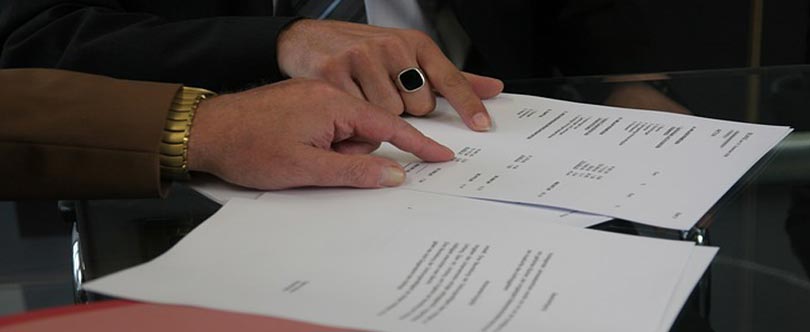A commercial lease is one of the most important, and sometimes scary, documents a new business owner will ever sign. They involve complex terms, financial risk, and obligations you may have never seen before. The first commercial lease my company ever signed was for a total value of $2.5 million dollars over five years. At the time, it scared me to death.
With careful planning, however, a commercial lease can be a tremendous asset to your business, and as always, speaking to qualified property lawyers is always a good idea.
Here’s a few things to watch out for:
- The Money. You’ll be paying rent at regular intervals so watch out for a few things that will appear in this part of your lease.
- Automatic rent increases. These are common in leases and can substantially affect your ability to pay (as well as the profitability of your business) over time. Be careful to examine exactly how the rent increase will be calculated. Try to anticipate the worst case scenarios and plan for them. Be prepared to negotiate on this term, you do not have to accept it at face value. Again, consulting with a competent property lawyer is a smart move.
- Costs: How will the landlord attribute costs to you? Will you have to pay for water, garbage, and power? Depending on the type of business you run these can be very important factors.
- Common areas: Who will be responsible for common areas? Don’t forget this includes not only landscaping, parking, etc. but could also entail snow removal in the winter.
- Other Obligations: Everyone thinks of rent as the first, and most important obligation of a lease, but there are other responsibilities that, if neglected, can put you in breach of your lease.
- Insurance: Most landlords will require that you carry various types of insurance, and in amounts you may not be used to. Check these requirements early in the lease negotiation process and don’t be afraid to ask for lower limits, or the elimination of certain types of insurance.
- Don’t leave anything to chance, try to anticipate all the different things you may want to do with your wonderful new space in advance and include them in the lease. Here are a few suggestions:
- Some landlords have very strict ideas of what they want on the outside of their building, whereas your business may require, or benefit from, a very different kind of presence on the building’s exterior. In this case it’s important to be very, very specific with what you intend on doing and get approval spelled out explicitly in the lease.
- Types of Business: Your business plan may be somewhat flexible with several types of activities that might be conducted on the premises. However, some leases are restrictive in terms of the activities that may take place in the building. It’s destructive to a new business to be limited in what it can do because of a restrictive lease. Make sure to think broadly and creatively about how you intend on using the space and include language to reflect those ideas.
Like all business arrangements, a lease is intended to benefit both you and the landlord. They can be profitable, long-terms arrangements for both parties, but it’s important to think ahead and communicate effectively before you sign on the bottom line.

